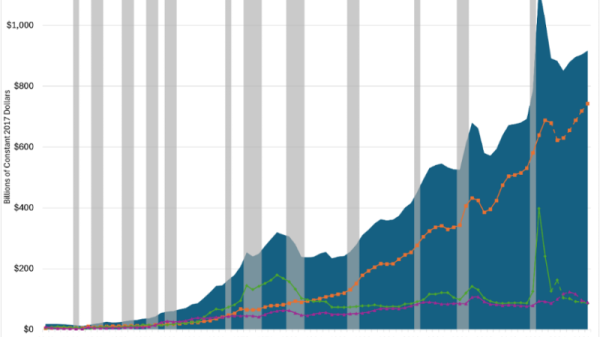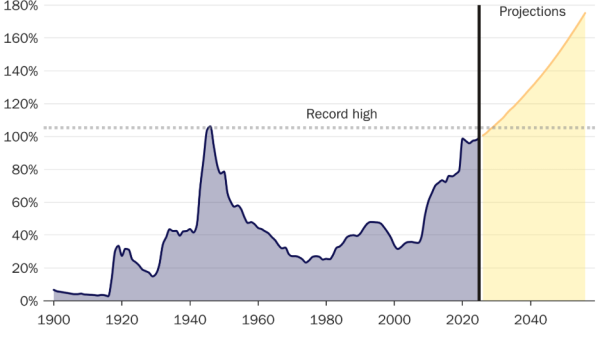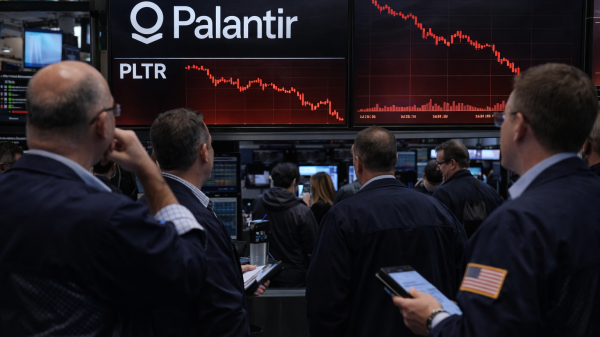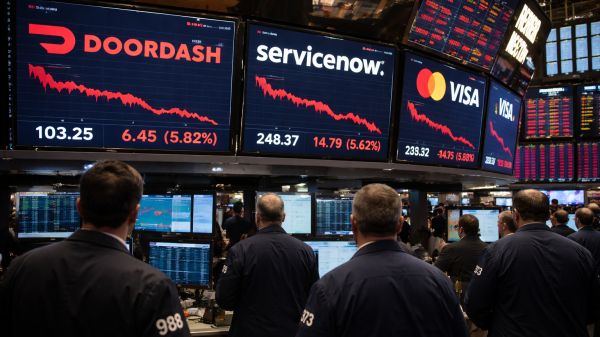The US constitutional system of checks and balances, designed to stop any individual or institution from accumulating excessive power, has been compromised. Over time, Congress has delegated significant authority to the executive branch, including the power to appoint agency heads, execute policy-directing executive orders, act unilaterally on diplomatic and military matters, control the federal bureaucracy, and exert broad authority over trade relations.
Under the Trump administration, the Unitary Executive doctrine has expanded. This theory holds that the US Constitution gives the president complete control over the executive branch and thus can fire agency heads or inspectors general at will. This weakens agency independence and internal checks such as whistleblowers, leaving agencies such as the SEC or EPA open to politicization. The Supreme Court’s ruling in Trump v. US confirmed absolute immunity for official acts, further shielding presidential actions from accountability. While interpretations of the Unitary Executive doctrine may vary, its expansion has greatly increased executive power.
Political developments have only increased this erosion. Legislators, fearful of primary challenges, and CEOs, wary of presidential retribution, have both weakened institutional independence. As a result, sweeping policy and regulatory changes now face fewer obstacles. James Madison’s vision in the Federalist Papers that “ambition must be made to counteract ambition” to protect democracy appears increasingly distant.
This trend toward expanded executive authority extends well beyond a single administration. President Obama’s 2012 implementation of the Deferred Action for Childhood Arrivals (DACA) program through executive action effectively achieved aspects of the DREAM Act that Congress had not passed. More recently, President Biden’s executive actions to forgive federal student loan debt were struck down by the Supreme Court in Biden v. Nebraska. In response, the Biden administration pursued alternative loan-forgiveness measures through the Saving on a Valuable Education plan and income-driven repayment adjustments. Presidents, regardless of party, push policy goals despite legal constraints.
With constitutional limitations weakened, what can effectively check an empowered executive branch? The answer may lie not in constitutional design or judicial rulings, but in free markets.
The Market as an Independent Check
Unlike other institutions, free markets cannot be intimidated or threatened to produce desired outcomes. They operate without regard for political rhetoric or loyalty, simply aggregating the continuous decisions of millions of interdependent economic agents, consumers, employers, workers, and investors, into prices and other economic indicators. Markets work on large numbers of decentralized decisions, allowing policies to be assessed purely on their economic merits.
While measures like the unemployment rate, consumer price index, interest rates, and GDP may seem abstract, they represent real kitchen-table issues that directly affect people’s lives. These macroeconomic indicators reveal today what eventually will be the tangible consequences of policy decisions. Meanwhile, the stock market acts as an early warning system, providing a clear signal that reflects both the immediate impacts on corporate profits and the expected long-term effects on profit growth. Together, these approaches connect the slower, tangible effects of economic issues with the market’s forward-looking signals, providing a more complete picture of policy impact.
Immediate and Unfiltered Feedback
Voters see the policy effects directly through changes in their 401ks or portfolio values, while companies react by increasing cash balances, delaying hiring, or raising prices due to new tariffs. Even as political rhetoric uses euphemisms like “detoxing” to minimize economic pain or ‘art of the steal’ (a play on Trump’s book title, Art of the Deal) to reframe tariffs as clever strategies to reclaim manufacturing jobs, such spin may sway some political supporters. However, markets don’t buy into it.
For example, between February and March, the S&P 500 lost $5.3 trillion in value—an unmistakable signal that investors reject misleading narratives. Likewise, a steep 11 percent drop in consumer sentiment—described by one economist as “horrific”, shows genuine public concern about economic conditions. If Trump’s tariffs had helped the economy, asset prices and consumer confidence would have risen. The absence of such positive signals provides a true, clear assessment of policy impact.
Critics might argue that markets aren’t a reliable check on poor policies because they sometimes crash, especially in highly uncertain times. But these crashes don’t mean markets have failed. They work like someone breaking the glass on a fire alarm, signaling that something is seriously wrong. In this way, a market crash forces immediate action and reinforces the market’s role as a crucial check on otherwise-unchecked executive power.
Amplifying Consequences
Policies that weaken fiscal stability have real consequences, including higher inflation, job losses, and declining asset values that impact financial security, from retirement accounts to purchasing power. Rather than simply causing poor outcomes or electoral defeat, these policies trigger market reactions that enforce accountability and even amplify their harm. For example, policies that lead to higher inflation and rising mortgage rates further depress home prices, triggering visceral voter anger.
The bond market, in particular, plays a powerful role in keeping government actions in check. In September 2022, UK Prime Minister Liz Truss’s government introduced a mini budget with major unfunded tax cuts aimed at encouraging economic growth. Instead, this led to a sharp sell-off in the bond market. Government bond yields spiked, and the British pound tumbled. The financial instability forced the Bank of England to step in and purchase government bonds to restore order. The market’s backlash undermined confidence in Truss’s leadership, creating dissent within her party and ultimately forcing her to resign after just 44 days in office.
The Soviet Union’s experience also illustrates this principle. Even in a system that severely restricted economic freedom, economic signals proved more powerful than political dictates. When faced with damaging inflation caused by centralized policies, Soviet authorities attempted to “outlaw” inflation — a futile effort that demonstrated the limits of political power against economic realities.
The Ultimate Accountability Mechanism
The market’s response to policy failures is both punitive and transformative. As poor decisions lead to rising unemployment, inflation, and declining investments, voters bear the true cost of executive overreach. The market’s autonomous feedback loop not only exposes these economic consequences but actively amplifies the harm from bad policies, serving as a stimulus for change. While traditional safeguards remain essential in areas like civil liberties and social policy that do not easily translate into economic signals, the market provides a continuous, impartial check on unchecked executive power.
Even as administrations often claim that their policies generate prosperity, stating for example, that tariffs benefit the nation — political spin cannot alter the market’s verdict. No matter how staunchly allies defend these narratives, economic reality prevails. This feedback forces corrective action when necessary, demonstrating that in a democratic society with functioning markets, the collective judgment of millions stands as a vital counterbalance to unchecked executive power. In this way, free markets represent the ultimate defense against executive overreach, functioning where constitutional checks and conventional political norms have failed.



























